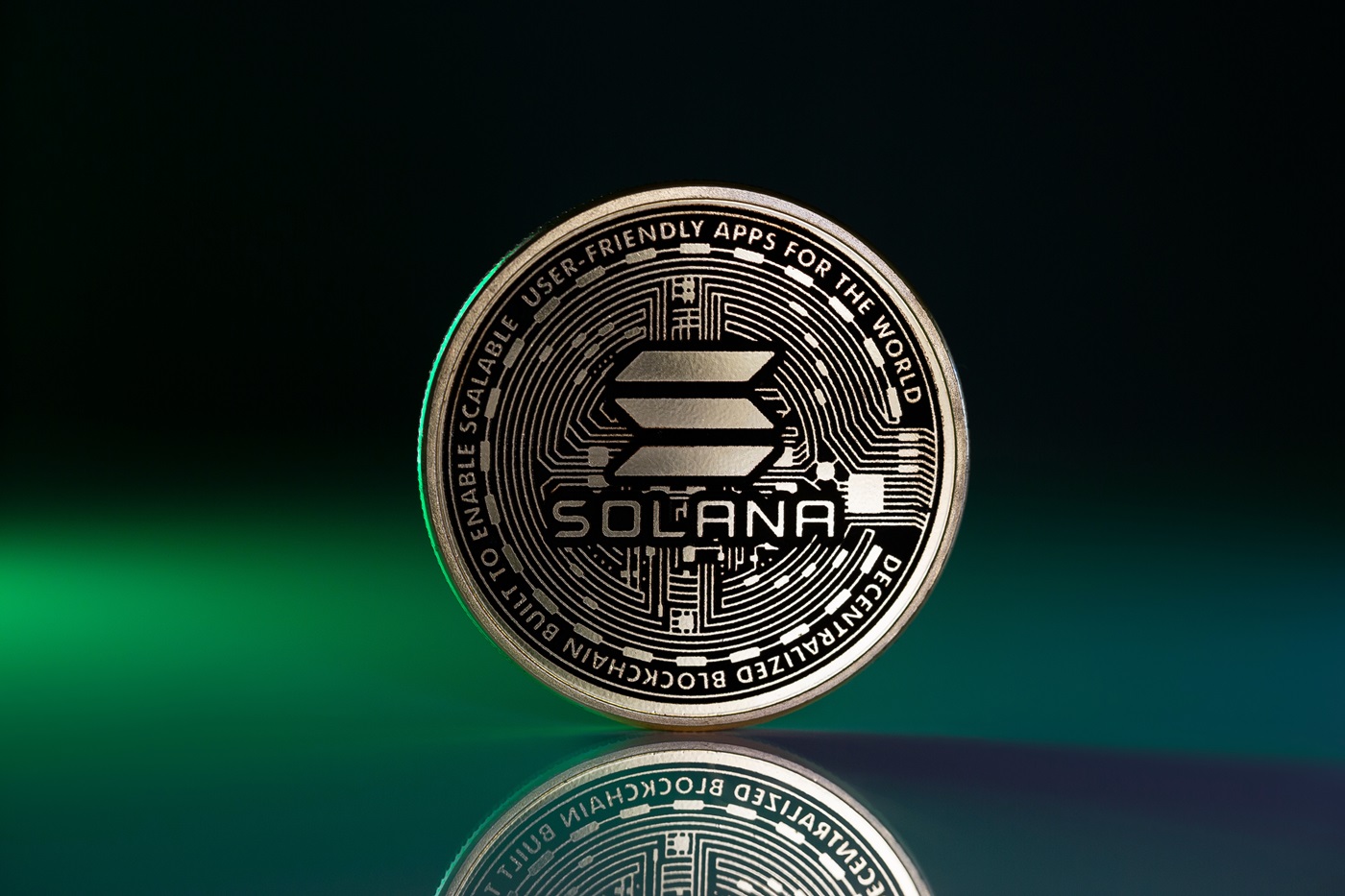Bitcoinist
1w
168

Image Credit: Bitcoinist
Spot Solana ETF Proposal Clouded By VanEck’s Wash Trading Concerns
- VanEck’s proposed spot Solana (SOL) ETF is facing scrutiny from US regulators over concerns related to wash trading activities.
- Matthew Sigel, Head of Digital Assets Research at VanEck, published a report that compared the metrics of SOL and Ethereum.
- Solana's high throughput and low transaction costs make it attractive, but skeptics argue that many wallets could be Sybil accounts — fake identities created to manipulate metrics.
- The study revealed that about 34.3% of Solana’s revenues came from the memecoin and non-fungible token activities. The corresponding figure for Ethereum was 6.6%.
- Solana's high trading figures for memecoins originate from four reasons: lower transaction fees, superior user experience due to high throughput and low latency, trading simplified by platforms like Pump.fun, and MEV approaches that may inflate trading volumes.
- The analysis also exposed issues of wash trading on the Solana network. An estimated 41.4% of memecoin and NFT volumes on the network trace back to wash trading.
- If proxy accounts are removed, the study shows that only 56 million genuine wallets used Solana rather than the claimed 111 million.
- VanEck has included significant risk disclosures in the ETP prospectus due to concerns about the revenue source.
- However, the report also resonates with optimism for Solana's future growth.
- At press time, SOL traded at $161.
Read Full Article
10 Likes
For uninterrupted reading, download the app